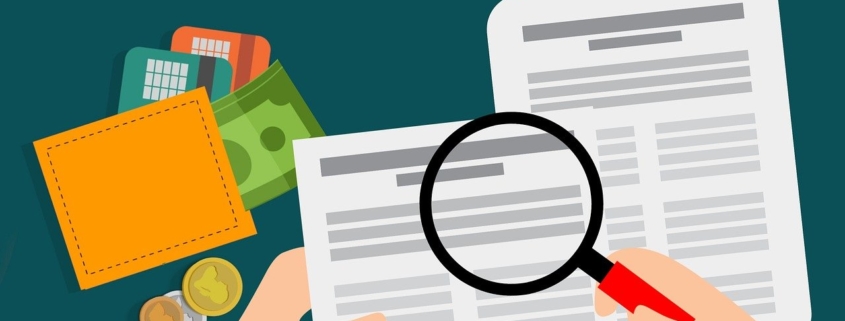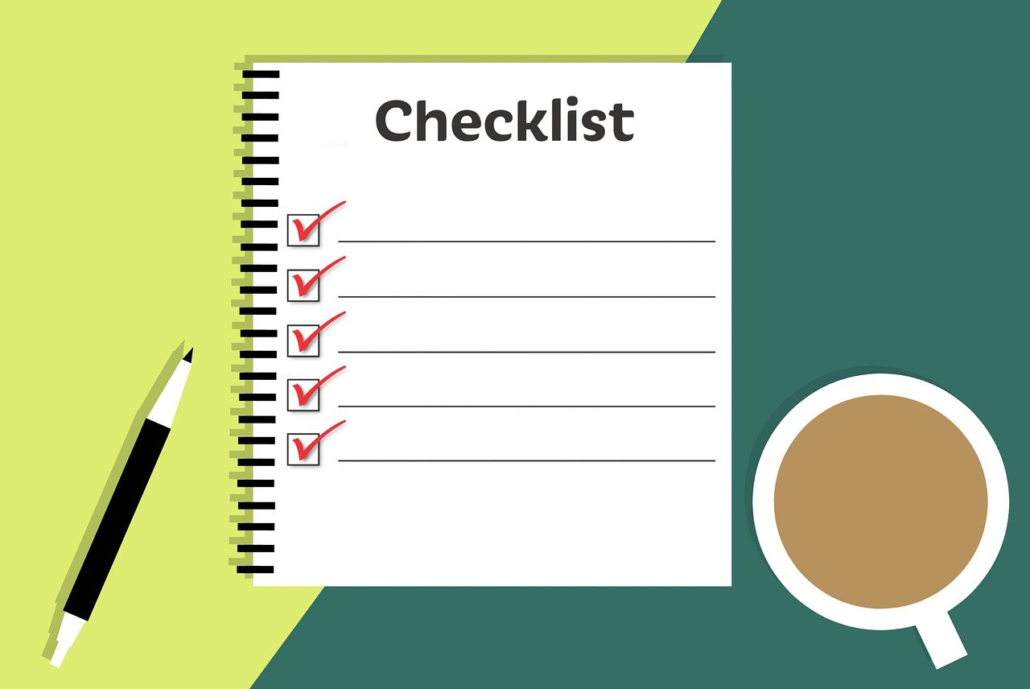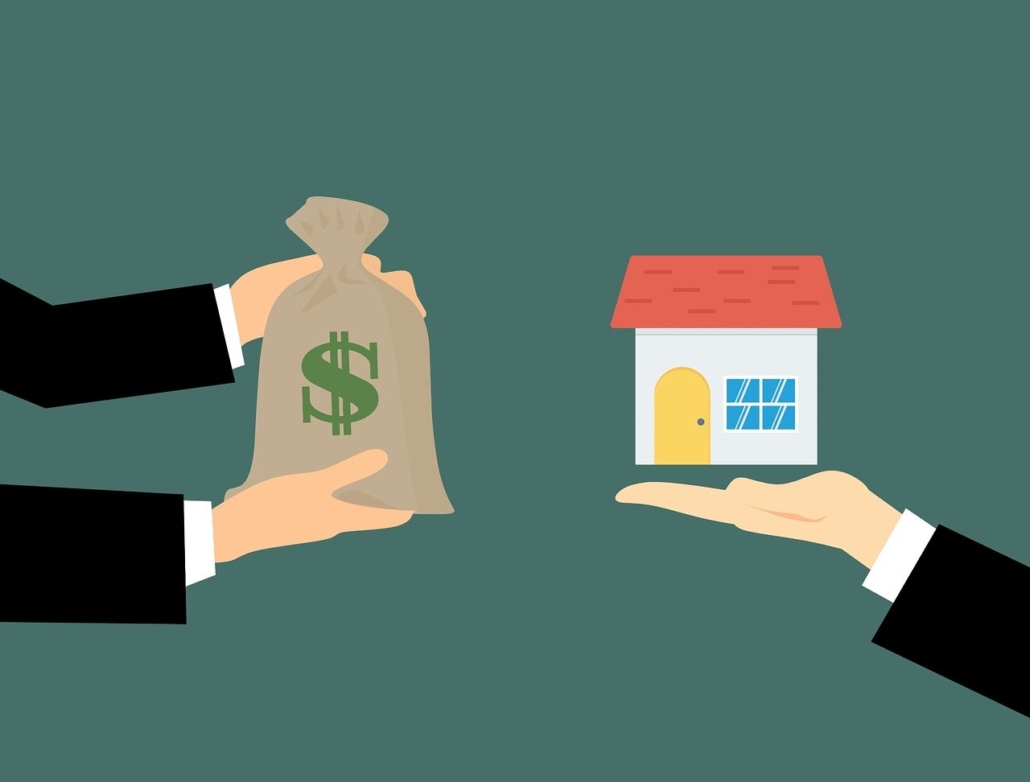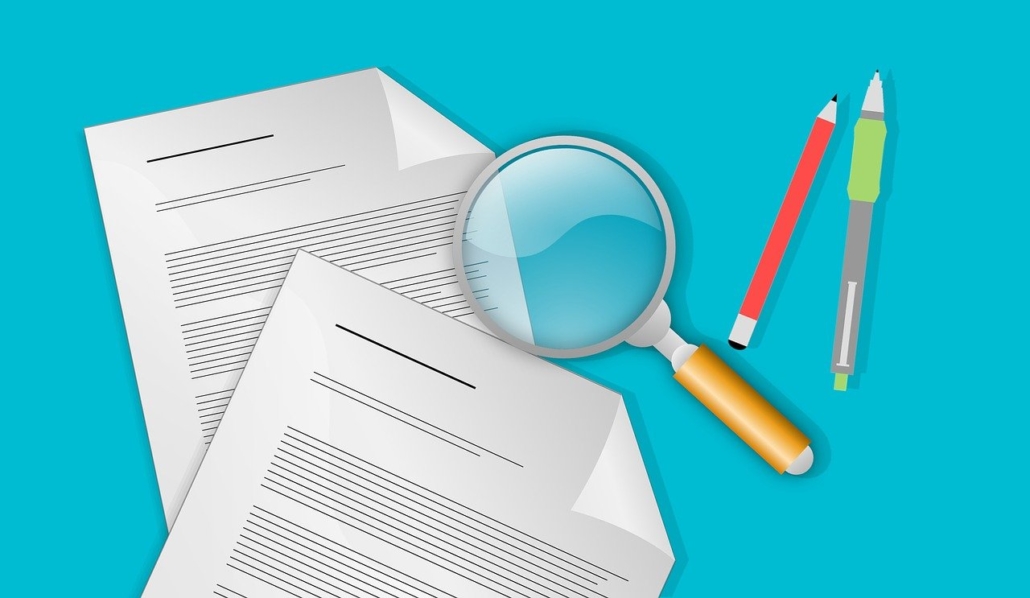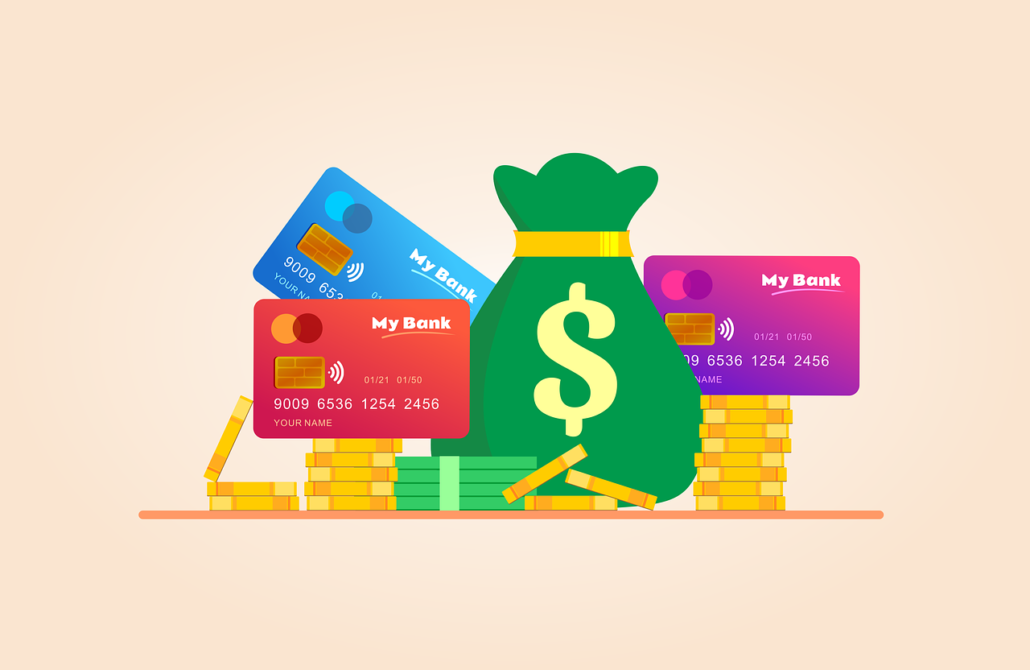How Much a Home Equity Loan Can be Useful to Pay Off Credit Card Debts?
Image from Pixabay
By Catherine Burke
You are not alone if you have recently faced financial challenges, such as a loss of employment, significant medical bills, or a tragic incident. The majority of the world’s population is affected by the COVID scenario. Over 57% of American adults, for example, are unable to pay medical costs, which are the leading cause of personal bankruptcy.
Some people may attribute their financial difficulties to illogical spending or bad saving practices. If you’re one of them, and you have a significant outstanding balance on one or even more credit cards, you might be finding it difficult to get out of debt. If you can only afford to make minimum monthly payments, paying off your credit cards might take several years, if not decades.
If you own a home, you might apply for a home equity loan and use the funds to pay off your credit card debt. You might be able to handle high-interest unsecured debts like credit card debt or payday loans using a home equity loan. Let’s look at the best ways to do that through a home equity loan.
But before going further, let’s know a bit more about Home Equity loans.
What is a home equity loan?
A home equity loan helps you borrow against the value of your home that has grown over time. If your home is currently worth $500000, but you owe $200,000 on your home loan, you have $300,000 in equity.
A financial institution, credit union, or other lenders might be willing to give you a home equity loan equivalent to a percentage of your equity, depending on this information. Other criteria, such as your credit score, will influence how much you may borrow and if you can get a loan at all.
Requirements to borrow from home equity
Image from Pixabay
Analyze your requirements, how they would fit into your finances and style of living before taking out a home equity loan. The criteria differ depending on the lender, but in general, you’ll need:
- A specific amount of equity in the house (15 percent to 20 percent)
- Creditworthiness
- Low debt-to-income ratio (DTI)
- Having enough income
- A decent payment history
The balance between the amount you owe on your home loan and the home’s market value is known as equity. Lenders use this number to compute the loan-to-value ratio, or LTV, which determines whether you meet a home equity loan criteria.
How can you qualify for a home equity loan?
Image from Pixabay
You would be able to qualify for a home equity loan too easily before the COVID-19 issue. It was simple to obtain one if you had a consistent salary, a good credit score, and a home with sufficient equity. It’s now more difficult but not unachievable.
Building on sustained gains since the conclusion of the Great Recession a decade earlier, U.S. homeowners increased their equity share by $590 billion to a record $19.7 trillion during the first qtr of 2020, up 6.5 percent from a year ago.
While lenders’ criteria and risk appetite vary, their authorization processes are based on fundamentally the same factors.
Borrowers must typically maintain 20% ownership interests in their homes after taking out a loan, with few exceptions. Only $60,000 will be accessible for borrowing in the given scenario (if the house value is $200,000, with $100,000 equity).
This minimizes the risks for lending institutions. A borrower who has engaged at least $40,000 in a property is unlikely to abandon it. Homeowners would also be prohibited from renting their property to someone who would damage the property. This $40,000 also protects lenders from losing money if the borrower surrenders the assets during a market slump.
When evaluating applicants with substantial collateral, Lenders have more flexibility, but they still rely significantly on credit ratings when determining the loan’s interest rate. A credit score of less than 600 is considered bad, and obtaining a home equity loan will be challenging.
Are you worried about your credit score? Consider seeking credit counseling from a non-profit credit counseling organization for advice on how to improve your score before applying for the home equity loan.
Information you’ll need to apply for a home equity loan
Image from Pixabay
Collect all of your financial records and essential papers ahead of time to make the home equity loan application as simple as possible.
The following is the list of information that you may need to submit with your home equity loan application properly:
- The number given by the Social Security Administration
- The alimony and child support documents
- Proof of your previous work experience (at least two years), as well as the contact details for your last employer
- Proof of your income for the last two years
- Proof of ownership and house insurance declarations
- A copy of your most recent pay stub
- Statement of the current mortgage
- W-2 statements from the previous two years
- An appraisal or valuation of your home
- Existing debts and liens on your home
You’ll also need to produce various signed paperwork that your lender would want. It’s time to approach a lender about filling out a loan application once you’ve gathered all of the necessary information. You’ll be on your way to closing once your banker has submitted your home equity loan application.
This period, however, varies from one homeowner to the next. The money will be yours as soon as all documents are finalized and closed.
How to pay off credit card debt with a home equity loan
To use a home equity loan to pay off credit card debt, you must be first eligible for a home equity loan. A home equity loan, often known as a second mortgage, will allow you to take a lump-sum payment on a portion of your $100,000. You can spend the money as you wish and repay it over up to 30 years.
The long payback period and fixed, lower interest rate can help you get out of debt quickly. Furthermore, if you stop taking new credit card debt, your home equity loan can assist you in making steady progress toward debt elimination.
If you get a home equity loan to pay off your debts, remove your credit cards from your wallet and put them away. This way you won’t be tempted to use them for impulse purchases.
Image from Pixabay
Many experts recommend cutting them up at this point so that they can’t be used. However, you should have at least one in case of an emergency, such as a significant medical expense or home repair or a backup while traveling. However, keep it hidden most of the time to avoid temptation.
The benefits of paying off debt with a home equity loan
The main benefit of getting a home equity loan and repaying high-interest debts such as credit card debt or payday loan is that you’ll typically get a lower interest rate than you would on those debts.
Unsecured personal loans have rates that range from little under 6% to 36%, based on factors like your credit score, yearly income, and debt balances. Consider an interest rate of roughly 20-25 percent if you have an issue in any of these areas. So, getting a personal loan to pay off debts like credit cards or payday loans will be difficult.
With the Federal Reserve’s 10-year-bond yield hovering around 0.6%, Jan 2022 home equity loans are available starting as low as 4%. The average interest rate on a home equity loan is just 5.96%, whereas the typical credit card is 19%, and the average interest rate on a payday loan is 391%.
When you utilize a home equity loan to pay off several credit cards, you’ll be able to consolidate your multiple credit cards through only one monthly payment on the home equity loan. On the other hand, you may also use that money to settle your credit card bills and pay them off with significant savings. If you similarly deal with your high-interest payday loans, you may get rid of them by choosing the payday loan consolidation method or payday loan settlement option. You can use money taken from your home equity loan in both cases.
But you should remember one important thing. The interest on a home equity loan a borrower paid to the lender was once tax-deductible. But this significant benefit of home equity loans has been stopped until 2026. Interest on home equity loans is now deductible only if a borrower uses the loan to “purchase, build, or substantially renovate” the home, according to the Tax Cuts and Jobs Act of 2017.
Author Bio: Catherine Burke is a financial writer for online payday loan consolidation. She provides information on successful cash loans and payday loan consolidation to help people get over a difficult patch. She lives in Kansas and has earned a frame in the matter of payday loans.

